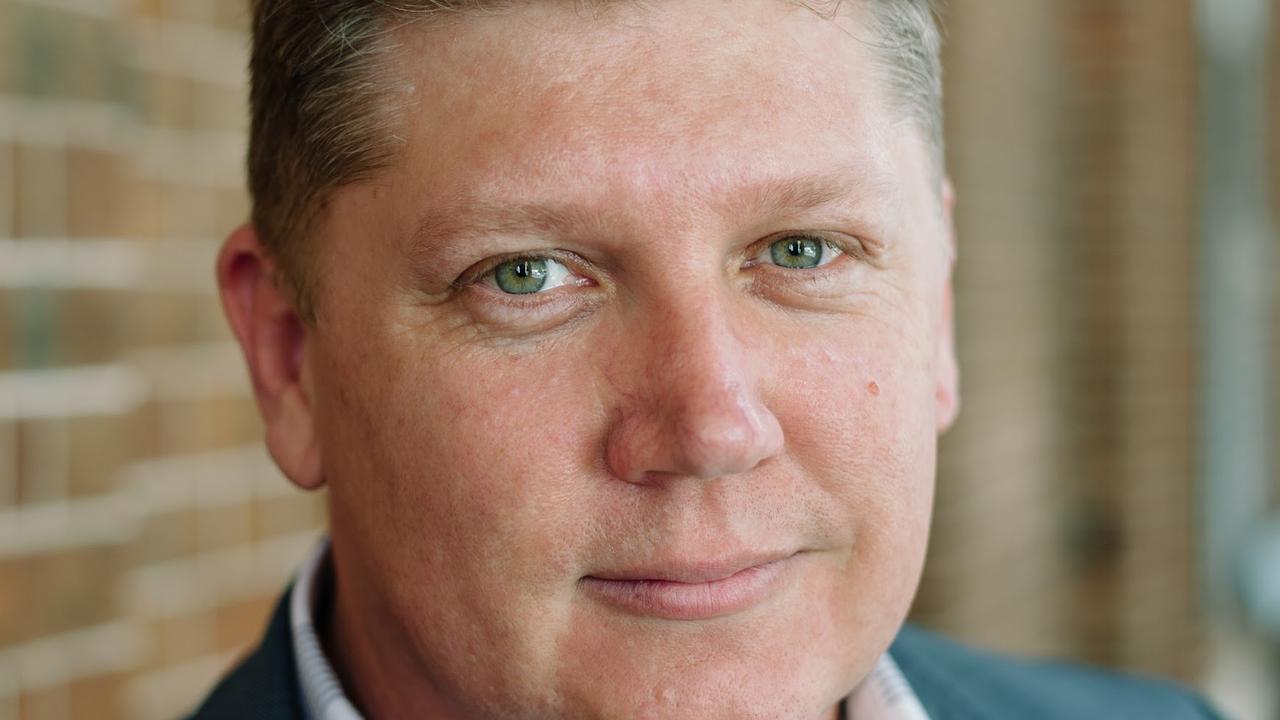The Great Cancellation: Next big trend after The Great Resignation
In workplaces across Australia, a new trend is brewing and experts predict it will see countless terrible bosses finally held to account.
Sophie Brown* was made to feel incredibly uncomfortable by her boss who would make comments that left her feeling “stunned” and “confused”.
Over many months he told her he wanted to “hug her”, he “cared about her” and “liked her”, encouraging her to share highly personal stories that blurred the professional relationship.
“He is very charming. There was a lot of eye contact, using a particular tone of voice, whether it was a soft gentle tone of voice or goofy ‘we are friends’ tone of voice,” she told news.com.au.
“If we were sitting together in person, he would be staring at you and looking for reactions and lean in towards you and show a lot of interest.”
But there also appeared to be a campaign to isolate her. New to a team working in community services, she would be told to organise Zoom meetings with colleagues who would never show up.

A traumatic experience with a client who threatened to kill Ms Brown, badly impacting her mental health, was met with the response by her manager that he couldn’t “make her happy” and only she was responsible for that.
The Melbourne woman thought it was all her “fault” and then met another female in the workplace who later went on to resign, but had experienced the exact same behaviour from the manager.
It was only then she started to realise she was experiencing sexual harassment in the workplace, as well as bullying.
“When we filled out a sexual harassment survey I didn’t think any of his behaviour breached that survey, yet the behaviour was making me feel stunned, confused, I had suicidal thoughts and negative self-talk,” she admitted.
“It thought it wasn’t traditional sexually harassing behaviour. I didn’t think it checked any of the boxes.”
Ms Brown isn’t alone. Shockingly, one in three Australians — two in five women and just over one in four men — have experienced sexual harassment in the workplace in the past five years, according to The Australian Human Rights Commission’s report.
But behavioural scientist Aaron McEwan from global research and advisory firm Gartner believes the MeToo movement, where women came out publicly on social media to speak of the sexual abuse or harassment they experienced, is also going to lead to huge changes on this issue in the workplace.

Yet for Ms Brown it forced her out the workplace, with the woman in her 30s quitting less than 18 months into the new role.
“I spoke to a HR person outside the organisation who put a word to it and that person described it as grooming,” she said. “He used the same lines on both of us and broke down the professional and personal lines over several months.”
But an unlikely source could bring the greatest change to this terrible workplace issue.
Mr McEwan believes The Great Cancellation is imminent – a trend that will see Millennials outing bad bosses on social media.
“Some millennial is going to publish a TikTok filiming their boss being an a**hole,” he told news.com.au.
“So at the moment everyone is being very polite and sharing stories on social media and not naming their employer and largely because Baby Boomers and Gen X are uncomfortable with cancel culture. They haven’t got their heads around it.
“But the next phase is The Great Cancellation where actually individual bosses get shamed on LinkedIn and TikTok. I think its coming and imagine how quickly the world of work will change if you actually thought you might end up being shamed on LinkedIn?
“It could be the greatest positive change in workplace that we have ever seen.”

But Mr McEwan doesn’t just think this will relate to sexual harassment in the workplace, but also predicts that people will out employees for even denying their leave request unnecessarily.
He said it will only take one person to do it and then thinks their will be a snowball effect of people coming out and doing the same.
“Imagine the damage control involved — there is no PR machine that can manage it,” he said.
Then there is going to be the influence of technology on a workplace, which will allow the “rejection of organisations that make us sick”, he added.
“Apple is betting its future on health applications and that to me says a lot. Basically what we are getting to is if you own a smart watch you can measure the impact of work on your health. In the moment you will be able to measure when your blood sugar spikes or anxiety hormones go through the roof,” he explained.

He thinks the future of work will be linked to the smart watch.
“You will choose a job by going to a website and there will be list of companies with the lowest resting heart rate or the happiest and healthiest employees and you will also be able to factor in a business’ carbon footprint,” he said.
“But in between is this rejection of organisations that make us sick and tried to make us not very nice people. I suspect we will start seeing people when we get to that point, they will be openly sharing data in same way cyclists share personal best times, that are a measure about how their workplace made them sick.”
Mr McEwan has already warned Australian businesses that there is another “massive scare” coming as The Great Resignation – a phenomenon playing out in the US with millions quitting theirs job – starts to bite in March.
*Name has been changed





